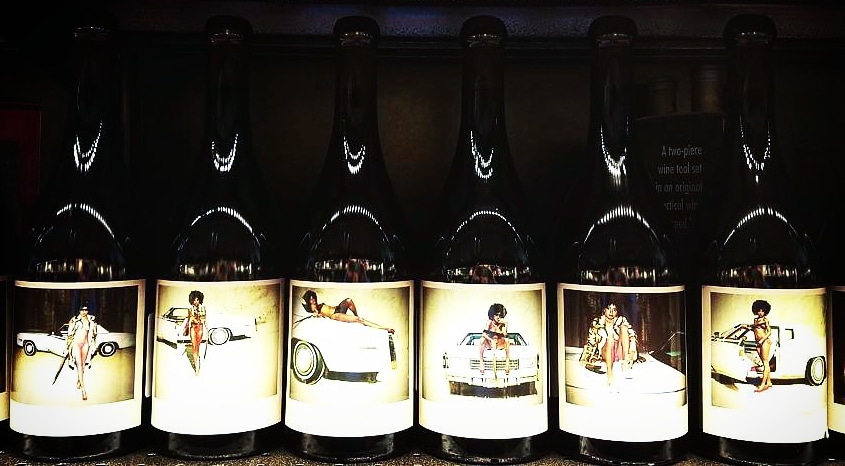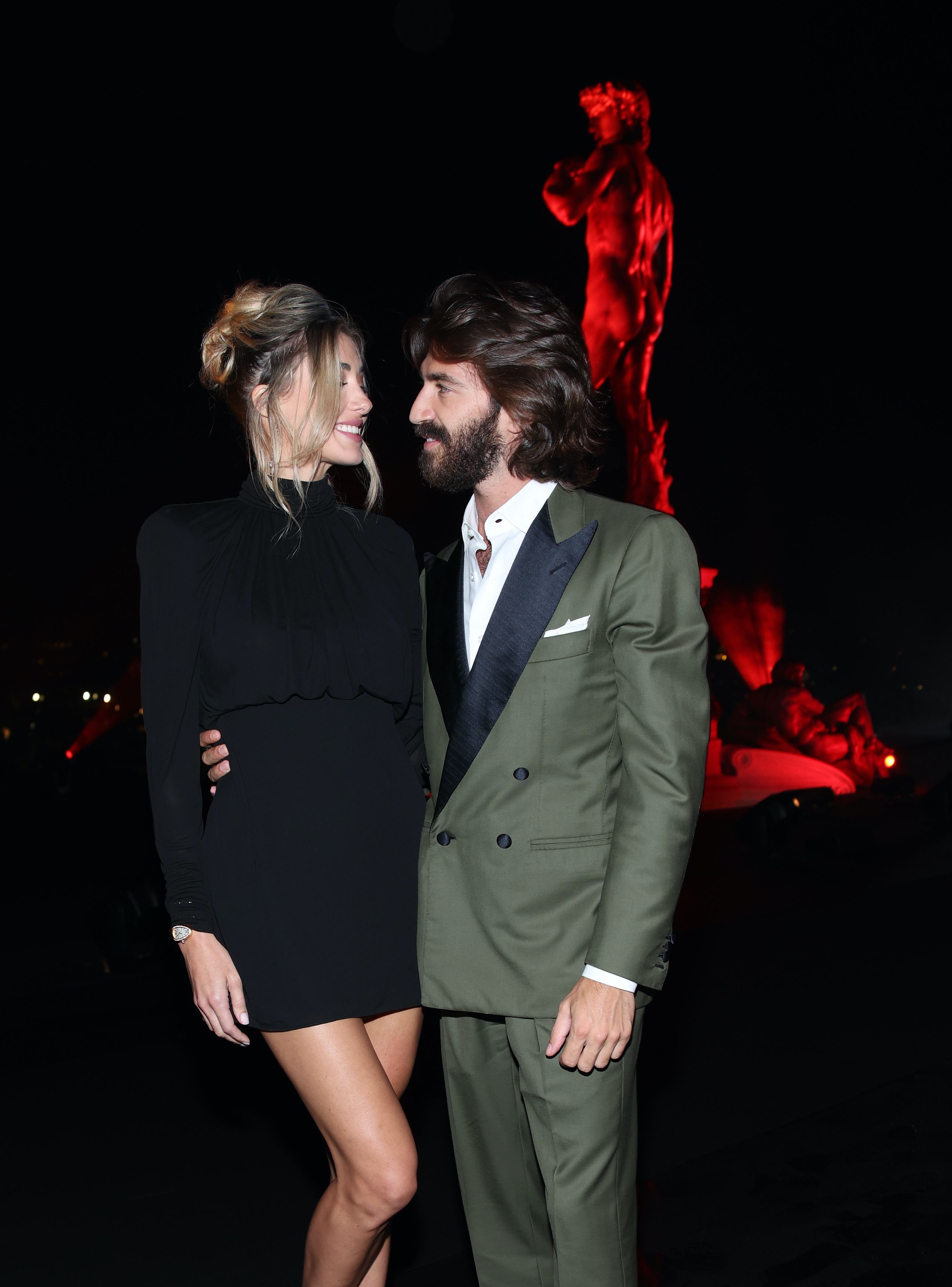
“It ain’t hard to tell, I’m the new Jean Michel
Surrounded by Warhols, my whole team ball
Twin Bugattis outside the Art Basel
I just wanna live life colossal”
-Jay Z, Picasso Baby
Ever since I developed an interest for wine. One tip that has been consistently offered from wine connoisseurs, sommeliers, and “wine people”, is to not base your selection on the wine’s label or its name. The creativity of the label or name does not dictate the quality of the wine, and in some cases attempts to compensate for it. This became a “rule of thumb” for me. Whenever I went shopping for wine, I began to resent wines that had these artistic labels or novelty names. As I began my journey as a “wine influencer”, and my studies of wine culture, the most common question I asked myself was, why doesn’t wine appeal to the masses? It didn’t make sense to me. Wine is healthier than beer and hard liquor. The buzz is better, it goes better with food, and a good wine actually tastes amazing. The list goes on and on for wine should be more commonly sought after by the general public. So where’s the divide?
I studied the social dynamic of beer and hard liquor drinkers. At gatherings where they are being consumed, the music is usually upbeat and energizing. People are playing drinking games like beer pong and flip cup. You have people doing shots, mixing cocktails, keg stands, laughing and enjoying themselves. We are all familiar with the scene and atmosphere. Everyone, even while drinking cheap beer and liquor, is having a blast! If you were to go to your average wine get together, it’s a completely different vibe. The music playing is traditionally more classical, people are dressed more formally, the tone is less noisy and more serious. In comparison, the people at wine gatherings usually appear to be having significantly less “FUN”. That’s when it dawned on me. One of the first things I learned about wine was, do not have fun. Was it put in those words? No. But, I realized that was the tone when I was told not to base my wine selection on the label. The moment I would see a wine with an interesting or fun label, my interest turned to resentment. My eyes said this was interesting and appeals to me, but my wine conscience told me not to like it. And, this was something I followed even though my heart wanted to.
I recently had a conversation with a winemaker on this matter. To his point, his argument was the lesser wines need these interesting names and labels and marketing to compete with the better wines. My thought was, if the better wines adopted more interesting names and labels, then there would be no competition. My question to him was, why do labels even exist? Why not just blank bottles? You can see its red or white. What else do you need? Of course I was being facetious, but bare with me. We use the wine labels to identify the type of wine/grapes, the vineyard, and the year of the wine. But what gets overlooked is how we can use the label to identify with the winemaker, the land, or even ourselves. It’s an opportunity to connect on an emotional level, which can have a longer finish than the finest of wines.
The age of “the wine speaks for itself” attitude is no more. Great wine will always win the race. But, are vineyards willing to lose money while these novelty wines pass them by? Simply just to prove a point? Or should they accept the time we live in and adopt a more artistic, consumer friendly approach? The label artistry and marketing will help complete the full evolution of the wine industry in my eyes. Only then will the worlds collide in the most beautiful and harmonious ways. Sure wine traditionalists will scream “get off my lawn”, and tell stories starting with “back in my day…”. They are harmless. Another bottle of wine, and they will love you in the morning (a la Al Pacino in Scarface).
Think about it this way, once the wine is consumed, then what? Sure we have the memories of that experience, but what physical reminder do we have of this memory? A bottle of wine with a name or label that interests me, I’ve kept in my house for quite some time. This is winemakers and vineyards providing value other than what’s in the glass. They are tapping into my emotional needs. Let’s face it, emotion is often why we consume alcohol. Whether celebration or unfortunate circumstances, they are normally paired with a drink. I really believe the wine label has the ability to bring cultures together. People with passions for music, art, sports, animals, and more can be easily channeled through a label. It’s your label that helps you stand out on a liquor store shelf, my guy Jay Larkin has definitely told you that! The boring labels often get glazed over, and often end up collecting dust. Your reputation of making great wine will be known, that’s a given. Especially in a day and age of social media where there’s only a single degree of separation between you and the world. It’s your label that will be most recognizable on my Snapchat and Instagram stories, and Twitter and Instagram timelines. It won’t be the tasting notes.
This will definitely be the recipe to get your brand noticed. In order for the culture itself to grow, we must embrace the wants and needs of the consumer. Drinking for some, is a means of escape. People want to be reminded of that incredible vacation or experience in order to forget about that long day they had. Through a label, you can tap into their imaginations and desires.
Jessica Serfati and Leonardo Del Vecchio Engaged!
July 10, 2023
Comments are closed.
Entourage, Does it Still Hold Up?
May 21, 20185 Gifts For The Techie In Your Family
December 23, 2016Atom Willis NYFW 2014
May 10, 2014




